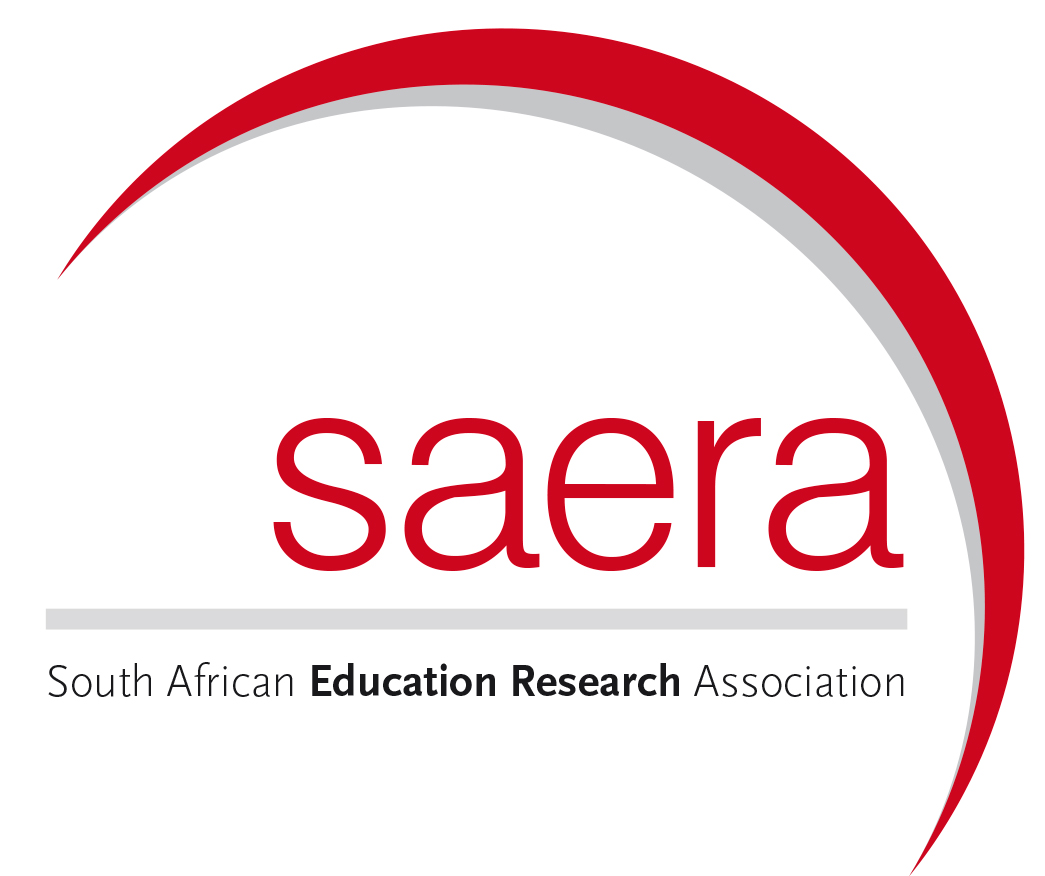Original Research
Pedagogical relations as a decolonisation tool in African higher education: Reflection on the ethics of care, respect, and trust
Submitted: 14 August 2023 | Published: 13 May 2024
About the author(s)
Felix I. Okoye, Department of Education and Development, Faculty of Education, University of the Free State, Bloemfontein, South AfricaAbstract
This article uses the findings obtained from a study that delves into the perceptions of students on their relationship with their higher education (HE) lecturers and how it affects their academic success, to respond to the issue of decolonisation in South African HE, and to approach the question of decolonising HE in Africa. The article argues that it is essential to prioritise student well-being, amplify their voices, and promote a caring culture towards addressing the issue of decolonisation in African education systems. The study shows that African HE students hold higher expectations of their lecturers beyond being professionals. This expectation includes respect for students’ thoughts and incorporation of epistemology that aligns with fostering African development, culture and thoughts (without necessarily conforming to neoliberal norms). The four categories of the teacher’s role, which include academic development, respect and trust, social relationships, and ethics of care are highly demanded by HE students. Borrowing the study outcome, this article holds the view that students’ high expectations of their lecturers to foster social relationships should be channelled to incorporate the African student as a collaborator in the business of education and as a response to the demands of HE students to decolonise African education system. These four categories are not only institutional strategies for effective teaching and learning but also a way to address the non-inclusive impact of Western epistemology on historically racial institutions in Africa.
Contribution: This article proposes that adopting mainstream pedagogical relationships can be a powerful tool in incorporating the African students’ thoughts and a step towards liberating the HE system in Africa. It recommends these four cardinal themes as institutional strategies for restricting teaching and learning that relegate students to the receiving end thus systems that refute students as collaborators of knowledge sharing especially at historically racial institutions.
Keywords
Sustainable Development Goal
Metrics
Total abstract views: 1013Total article views: 681
